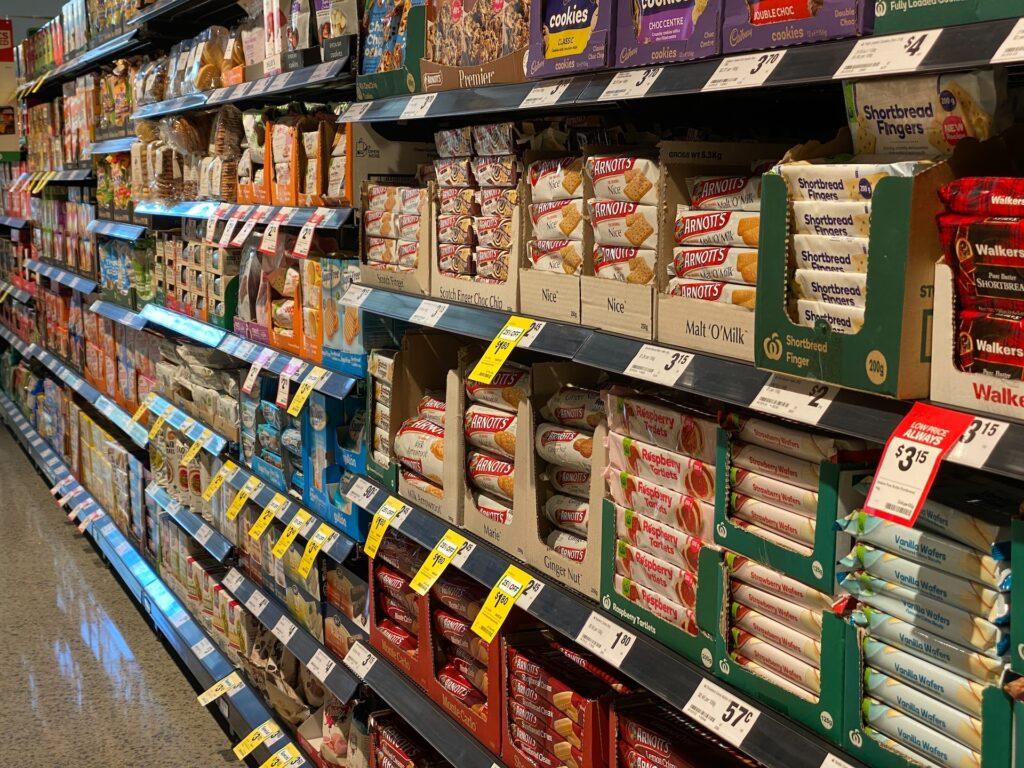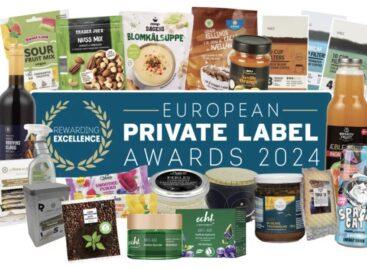Eight private label trends to watch out for in 2023
Last December a US study found that 60% of shoppers believe that private label products are as good as major brands when it comes to quality, innovation, sustainability, trust, and delivering on their promise. Retail chains can capitalise on this if they pay attention to the following eight trends identified by ESM.

1. Brand agnostic: due to the challenges they are facing at the moment, consumers are becoming brand agnostic, and supermarkets should aim to create a disruptive business model when it comes to private labelling, instead of just relying on a generic approach.
2. Pricing strategy: in early 2023 Walmart started marketing its private label products as less expensive alternatives, warning major packaged goods makers that it can no longer stomach their price increase. With this in mind, supermarkets must strike a balance between providing excellent quality and competitive pricing.
3. Identifying a niche: where you see a problem, find a solution – this seems simple, but many supermarkets make the mistake of launching products in a market that is already saturated. Unmet need creates unmet demand.
4. Ally against inflation: according to the Private Label Manufacturers’ Association (PLMA), a major reason for the double-digit rise in private label penetration in the USA in 2022 was that store brands were embraced by American shoppers as a dependable ally against persistent inflation and other personal financial difficulties.
5. Favourable dynamic: despite the recent hardships, consumers have been able to continue buying high quality food and non-food products by adapting and shopping smarter. PLMA president Peggy Davies said this trend is in favour of the private label industry, and she reckons that this favourable dynamic will continue well into 2023.
6. Price wars: IRI has suggested that a price war is more and more likely in 2023, as inflation levels normalise and brands seek to take back their market share.
7. Private label pricing: so far private labels have typically offered lower prices, but these are not sustainable and inflation has caused prices to rise more significantly for private labels compared to well-known brands. However, this didn’t result in a plunging demand.
8. Quality will decide: the fate of private labels will be decided by how much shoppers accept them – not just that store brands offer great value today when there are so many economic challenges, but that their quality can even surpass that of big brands in certain cases. //
Related news
Turkish Retailer Migros Ticaret Crowned Europe’s Strongest Grocery Retail Brand
Turkish retailer Migros Ticaret has been named the strongest grocery…
Read more >Biedronka reduces the sugar, salt and fat content of private label products
Poland’s Biedronka has removed around 28 tonnes of sugar, 21…
Read more >European Private Label Awards 2024 – Winners Announced
Retailers from Germany, Italy, France, Spain, Denmark, Finland, Norway, Belgium,…
Read more >Related news
Recognition of Consumer Protection Excellence: Honoring the Best of 2024
This year’s outstanding consumer protection officers and special award recipients…
Read more >The Joy of Giving! – SPAR stores collect non-perishable food for people in need
The Hungarian Maltese Charity Service and SPAR Hungary have launched…
Read more >KSH: industrial production decreased by 0.2 percent in October
In October, the volume of industrial production fell by 0.2…
Read more >








